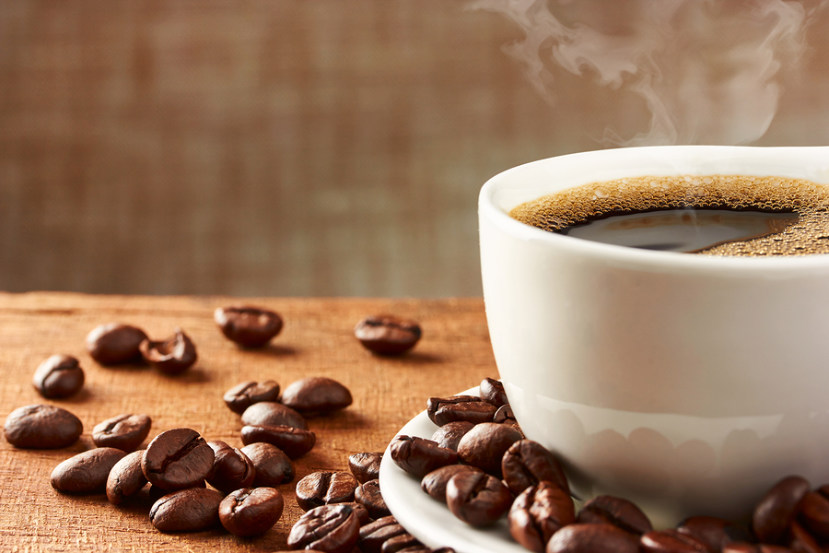
Caffeine is a natural ingredient found in coffee beans, tea leaves, cocoa beans, guarana and yerba maté. It is added to some carbonated drinks and cold and headache medications.
Caffeine and your body
Caffeine acts as a stimulant (increases alertness). Some people are more sensitive to caffeine than others. For these people, too much caffeine can cause:
-
trouble sleeping
-
irritability
-
nervousness
-
rapid heart rate
-
headaches
Safe amounts of caffeine
The following amounts of caffeine are considered safe:
|
Age
|
Milligrams per day (mg/day)
|
|
Men and women, 19 and older
|
400
|
|
Pregnant and breastfeeding women 19 and older
|
300
|
Caffeine and children
Children under 12 years old should not have more than 2.5 milligrams of caffeine per kilogram of body weight.
|
Age
|
Milligrams per day (mg/day)
|
|
Children, aged 4 to 6
|
45 (about one 355mL can of cola)
|
|
Children, aged 7 to 9
|
62 (about one and a half 355mL cans of cola)
|
|
Children, aged 10 to 12
|
85 (nearly two 355mL cans of cola)
|
Caffeine and teenagers
Adolescents 13 years old and older should not have more than 2.5 milligrams of caffeine per kilogram of body weight.
Common sources of caffeine
Caffeine in coffee or coffee based beverages
|
Beverage
|
Serving Size
|
Caffeine (mg)
|
|
Coffee, brewed
|
250mL (1 cup or 8 oz)
|
80 – 179
|
|
Cappuccino or Latte
|
250mL (1 cup or 8 oz)
|
45 – 148
|
|
Coffee, instant
|
250mL (1 cup or 8 oz)
|
81 – 106
|
|
Espresso, brewed
|
30mL (1 oz)
|
64 – 90
|
|
Decaffeinated coffee/span
|
250mL (1 cup or 8 oz)/span
|
3 – 15
|
Caffeine in tea
|
Beverage
|
Serving Size
|
Caffeine (mg)
|
|
Iced tea, sweetened
|
1 can (355 mL)
|
22 – 64
|
|
Tea, leaf or bag (black, flavoured black)
|
250mL (1 cup)
|
43 – 50
|
|
Tea (green, oolong, white)
|
250mL (1 cup)
|
25 – 45
|
|
Decaffeinated tea
|
250mL (1 cup)
|
0 – 5
|
|
Herbal teas, all varieties
|
250mL (1 cup)
|
0
|
Caffeine in other beverages
|
Beverage
|
Serving Size
|
Caffeine (mg)
|
|
Energy drink, various types
|
250mL (1cup)
|
80 – 97
|
|
Diet cola
|
355 mL (1 can)
|
25 – 50
|
|
Cola
|
355 mL (1 can)
|
37 – 38
|
Learn more about energy drinks by reading Energy Drinks FAQs.
Moderation is key
It is important to know what your children are drinking. Offer a beverage that has little or no caffeine. Choose beverages such as:
-
Water
-
100% fruit juice
-
Milk, chocolate milk or hot chocolate
If you think you may be taking in too much caffeine, the best approach is to limit your caffeine intake gradually over several days.
Tips on lowering your caffeine intake:
-
Enjoy refreshing water
-
Try flavoured herbal tea over ice. Some herbal teas need to be avoided during pregnancy and breastfeeding.
-
Instead of 3 cups of coffee a day, cut down gradually by having 2 cups of coffee and 1 cup of decaffeinated coffee.
Last Update – April 26, 2018